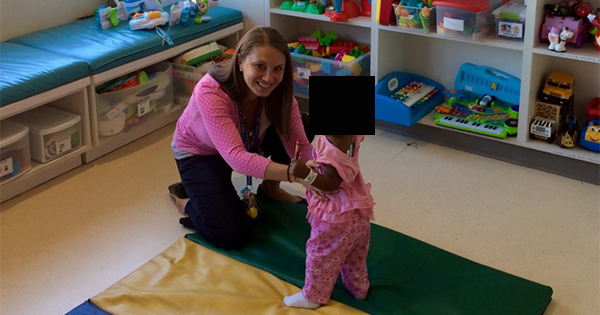What is “Child Life” and How Can They Help?

Epilepsy News From: Sunday, July 02, 2017
What constitutes a ketogenic diet team?
Interestingly enough, this is a topic that has so far been widely discussed in chapters, reviews, or even ketogenic diet books. We know that historically the two core members of the medical team are the ketogenic dietitian and the physician (usually a child or neurologist, but sometimes a pediatrician). However, there are keto centers worldwide that have several other team members, including
- a nurse,
- pharmacist,
- coordinator/administrator,
- chef,
- social worker,
- coaching parent, and
- often researcher.
A New Member of the Care Team for Children
A relatively new member of many medical teams in children’s hospitals in the U.S. are Child Life Specialists.
- These are specially-trained hospital staff.
- They have a minimum of a bachelor’s degree that has an emphasis on development, education, or psychology.
- They work in the hospital to help normalize the child’s experience in an often-scary situation.
Child Life has been shown in the literature to be very helpful for radiologists (making MRIs and other imaging studies go smoothly, sometimes without sedation), surgeons (helping with procedures including burn dressing changes), and in the emergency department. However, other than helping for EEGs and lumbar punctures, Child Life has not been formally studied for its true benefits for children with neurologic conditions.
Child Life in the Treatment of Epilepsy
Over the past few decades at Johns Hopkins, we have had intermittent involvement from Child Life services for our ketogenic diet patients during their admission week. Parents would often comment how helpful it was, and the Child Life specialists also enjoyed working with our keto kids. They would work with our children to show them the new foods they would eat, using books, pictures, and, at times, play foods.
Mrs. Lindsay Brown approached us about more formally studying the value of Child Life services for our keto kids using specific interventions. On the last day of admission, we surveyed the parents, and again 3 months later, to see how helpful it was in the longer term.
What did we find?
- All 15 parents (100%) thought Child Life services were very helpful in making the ketogenic diet admission go smoothly.
- Children who had minimal developmental delays tended to have higher parent-reported anxiety scores. Child Life now focuses more on relaxation techniques for these kids.
- At 3 months, the parents thought Child Life was even more helpful for their own personal skills and coping than the child! Perhaps an extra hand during the week allows parents to listen to the keto teaching without interruption?
- Interventions that helped the most included:
- Child Life specialists calling the parents a week before the admission to ask about the child’s needs.
- Reading epilepsy and ketogenic diet books.
- Visits from a therapy dog.
- Spending some time with children in the playroom.
We were thrilled by how valuable these services appeared to be for our ketogenic diet children. As a result of this study, we now offer their services to all children admitted for the ketogenic diet and discuss each child with Mrs. Brown a week in advance of the admission to help individually tailor each experience.
References
Kossoff EH, Sutter L, Doerrer SC, Haney CA, Turner Z. Impact of Child Life services on children and families admitted to start the ketogenic diet. J Child Neurology 2017; online.
Authored by
Eric Kossoff MD
Reviewed Date
Sunday, July 02, 2017
